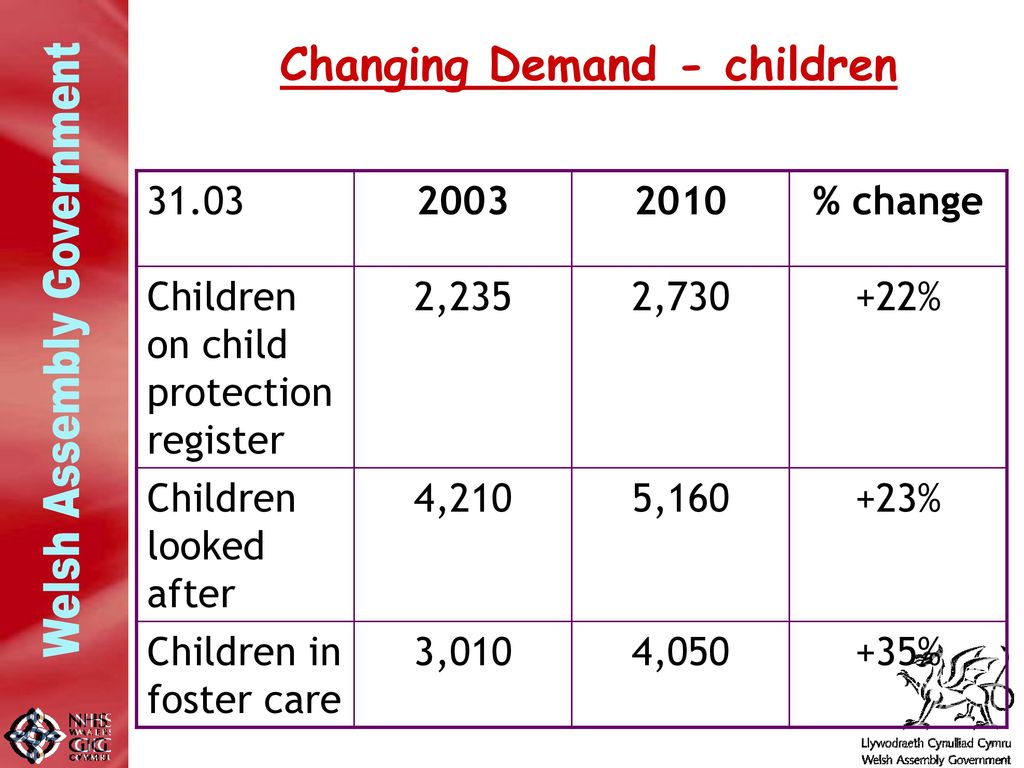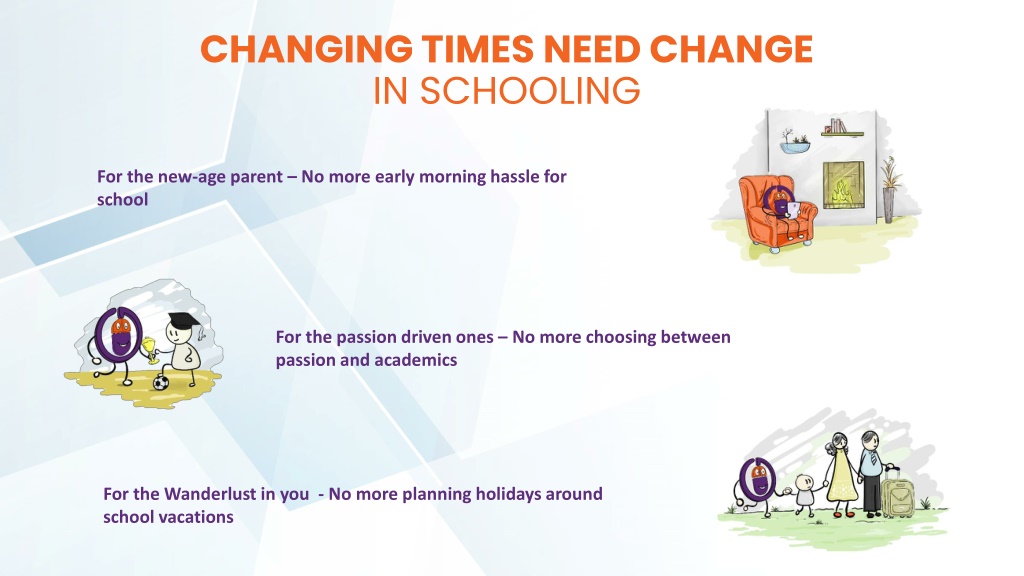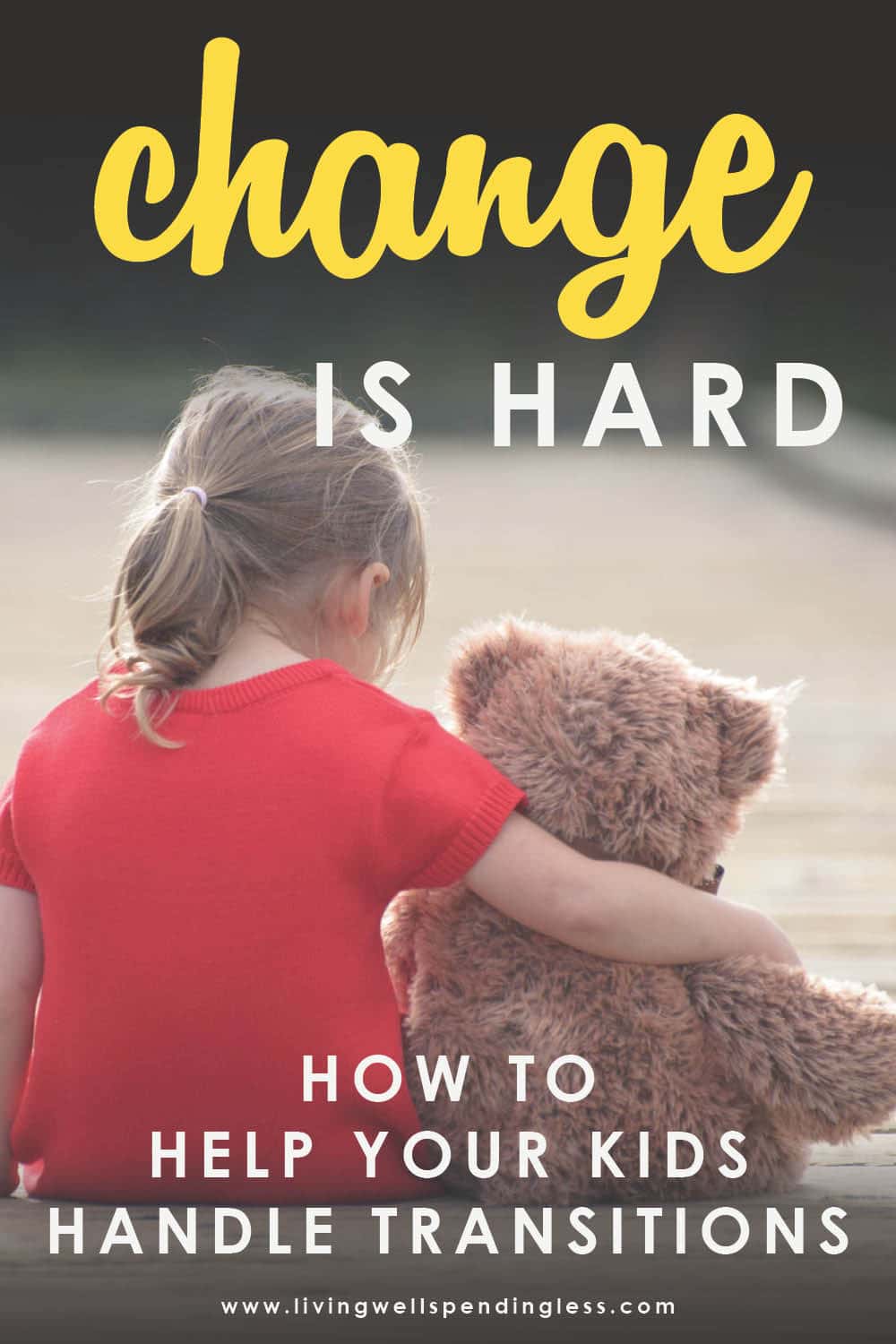I’m Penalized for Having Kids: Time to Demand Change
Having children is often hailed as one of life’s greatest joys. Yet, for many parents, the reality is far from idyllic. They face tangible, often systemic, penalties related to having kids – from financial burdens to career setbacks. This article delves into the multifaceted issue of how parents, particularly mothers, are penalized, the contributing factors, and the movement advocating for meaningful change.
The Hidden Costs of Parenthood: Financial Penalties
One of the most significant penalties parents face is a financial one. Raising children is expensive, and the costs extend far beyond the initial expenses of childbirth and baby supplies.
- Increased Living Expenses: Food, clothing, childcare, education, and extracurricular activities all contribute to a significantly higher cost of living for families.
- Income Disparity: Mothers, in particular, often experience a “motherhood penalty” in the workplace. This can manifest as:
- Lower starting salaries
- Fewer promotions
- Reduced access to training opportunities
- Wage gaps compared to childless colleagues, even with comparable qualifications.
- Childcare Costs: The exorbitant cost of childcare can be a major financial strain, often exceeding the cost of housing in some areas. This disproportionately affects lower-income families.
- Limited Access to Affordable Housing: Larger families often struggle to find affordable housing options, further compounding financial difficulties.
- Tax Implications: While some tax benefits exist for parents (like the Child Tax Credit), they are often insufficient to offset the overall costs of raising a family.
Career Setbacks and Workplace Discrimination
Beyond financial pressures, parents frequently encounter career setbacks and workplace discrimination.
- The Motherhood Penalty: As previously mentioned, the motherhood penalty is a well-documented phenomenon. Mothers are often perceived as less committed to their careers, leading to missed opportunities and slower career progression.
- Lack of Flexibility: Traditional work structures often fail to accommodate the needs of working parents. This can lead to difficulties balancing work and family responsibilities.
- Limited Access to Parental Leave: Insufficient or non-existent paid parental leave policies can force parents to choose between their careers and caring for their newborns.
- Discrimination in Hiring and Promotions: Some employers may consciously or unconsciously discriminate against parents, particularly mothers, when making hiring or promotion decisions.
- The “Second Shift”: Mothers often bear the brunt of childcare and household responsibilities, leaving them with less time and energy to focus on their careers.
Societal and Systemic Factors at Play
Several societal and systemic factors contribute to the penalties faced by parents.
- Lack of Affordable Childcare: The scarcity of affordable, high-quality childcare options is a major barrier for working parents.
- Insufficient Parental Leave Policies: The United States, in particular, lags behind other developed nations in providing paid parental leave, forcing parents to make difficult choices.
- Gender Inequality: Traditional gender roles and expectations, where mothers are expected to be the primary caregivers, perpetuate the motherhood penalty and contribute to workplace discrimination.
- Wage Gap: The persistent gender wage gap further exacerbates the financial burden on families, particularly single-parent households.
- Lack of Support for Families: The absence of comprehensive family support systems, such as subsidized housing, affordable healthcare, and robust social safety nets, leaves parents vulnerable.
The Demand for Change: What Needs to Happen
Addressing the penalties faced by parents requires a multi-pronged approach.
- Policy Changes:
- Mandatory Paid Parental Leave: Implementing comprehensive paid parental leave policies at the federal and state levels.
- Affordable Childcare: Expanding access to affordable, high-quality childcare through subsidies and government programs.
- Equal Pay Legislation: Strengthening equal pay laws to address the gender wage gap.
- Flexible Work Arrangements: Promoting flexible work arrangements, such as remote work and flexible hours.
- Investment in Family Support Systems: Investing in social safety nets and support services for families.
- Workplace Reforms:
- Combatting Discrimination: Implementing anti-discrimination policies and training programs to address unconscious bias in hiring and promotions.
- Promoting Work-Life Balance: Creating a workplace culture that values work-life balance and supports parents.
- Providing On-Site Childcare: Offering on-site childcare facilities.
- Changing Societal Attitudes:
- Challenging Gender Stereotypes: Actively challenging traditional gender roles and expectations.
- Promoting Shared Parenting Responsibilities: Encouraging both parents to share childcare and household responsibilities.
- Raising Awareness: Educating the public about the challenges faced by parents and the need for change.
Conclusion: Building a More Equitable Future for Families
The penalties faced by parents are a complex issue with profound implications for individuals, families, and society as a whole. By acknowledging the financial, career-related, and societal barriers parents encounter, and by actively advocating for policy changes, workplace reforms, and shifts in societal attitudes, we can create a more equitable and supportive environment for families to thrive. It’s time to demand change and build a future where having children is celebrated, not penalized.
FAQs: Addressing Common Concerns
Here are some frequently asked questions about the topic:
1. What’s the difference between the “motherhood penalty” and the “fatherhood premium”?
The “motherhood penalty” refers to the negative impact on a mother’s career due to having children, including lower pay, fewer promotions, and perceived lack of commitment. The “fatherhood premium,” on the other hand, is the opposite. Some studies suggest that fathers may experience a slight increase in wages and perceived competence after having children, potentially due to the perception of increased responsibility and commitment.
2. How can I advocate for change in my community?
You can advocate for change by:
- Contacting your elected officials: Write letters, emails, or call your representatives to voice your support for policies that support families.
- Supporting organizations: Donate to or volunteer with organizations that advocate for family-friendly policies.
- Raising awareness: Talk to your friends, family, and colleagues about the challenges faced by parents.
- Participating in local initiatives: Get involved in community efforts to improve childcare access, promote affordable housing, and support families.
3. What are the benefits of paid parental leave for businesses?
Paid parental leave can benefit businesses by:
- Increasing employee retention: Reducing employee turnover and associated costs.
- Boosting employee morale and productivity: Creating a more positive and supportive work environment.
- Attracting and retaining top talent: Making the company more competitive in the job market.
- Improving company reputation: Enhancing the company’s image as a family-friendly employer.




